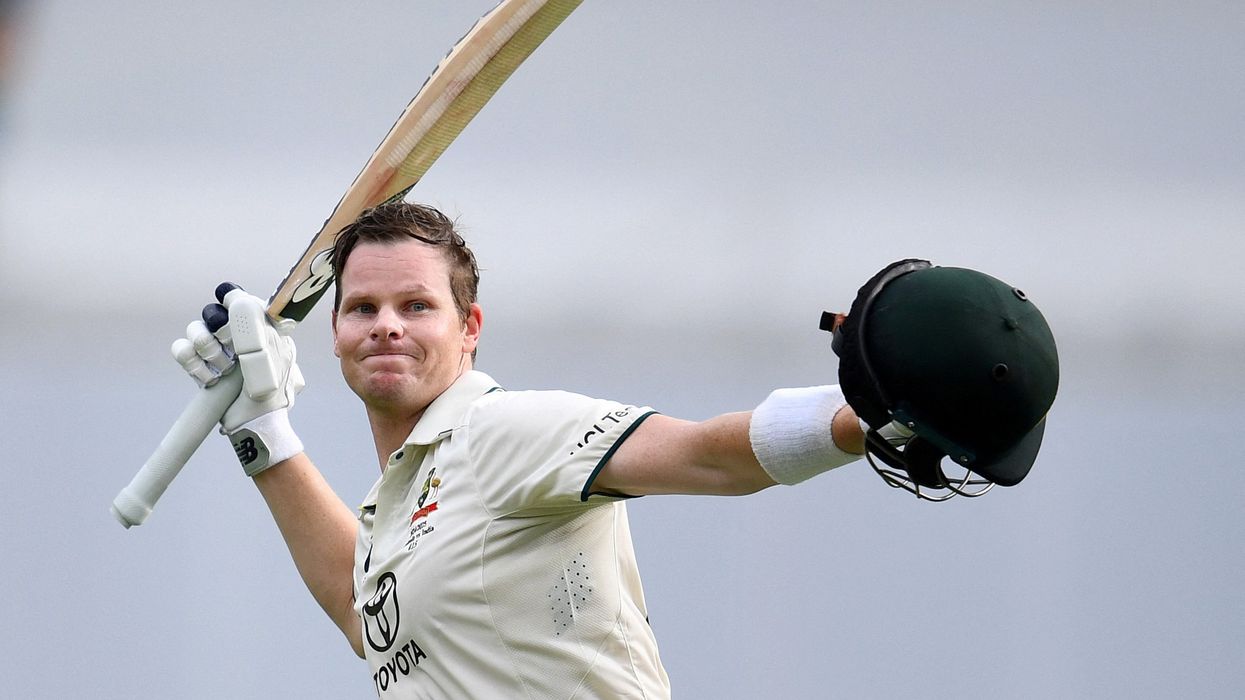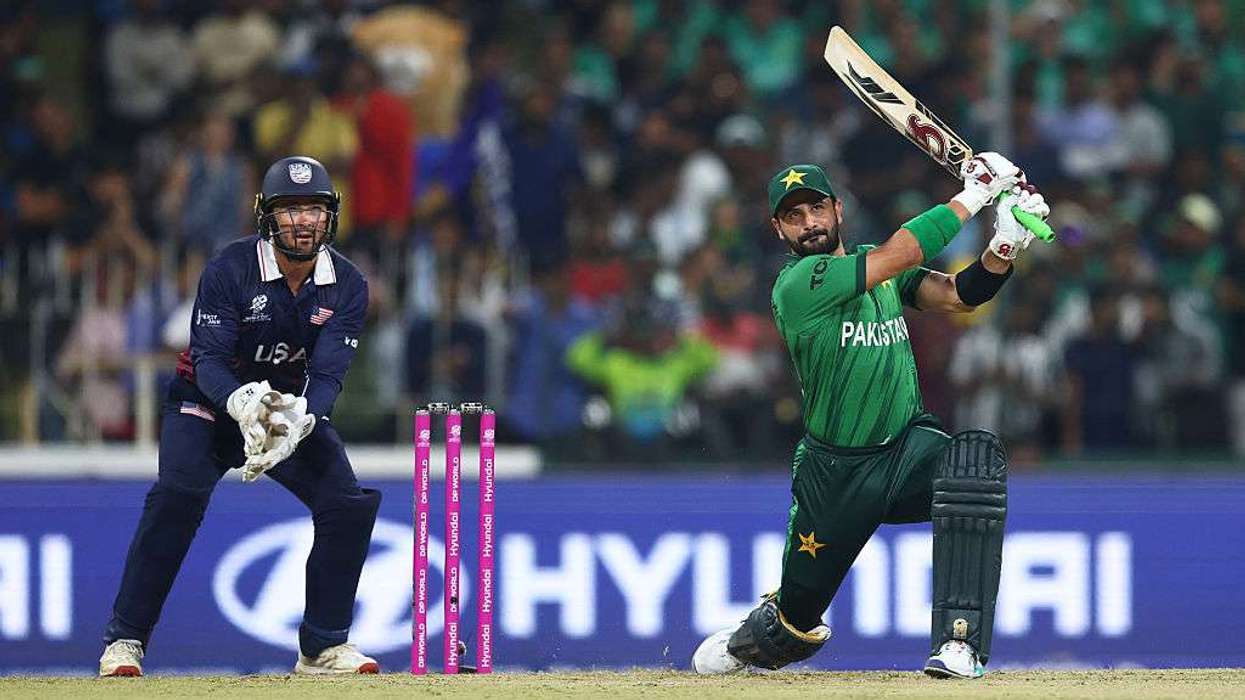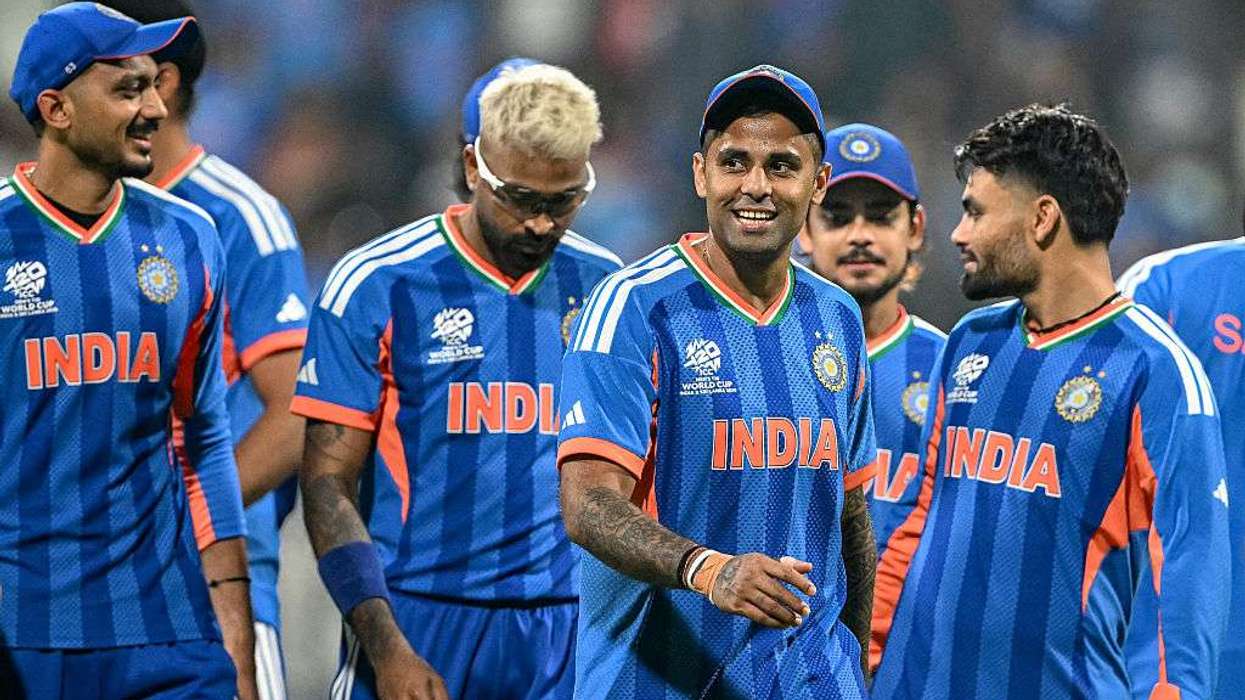AUSTRALIA's fiery pace attack destroyed India's top order on Friday (27) to put them in the driving seat of the fourth Test after they set a daunting first innings target on the back of Steve Smith's 34th Test century.
The visitors were 164-5 at the close on day two at the Melbourne Cricket Ground, still 310 runs adrift after Australia was out for 474 soon after lunch, buoyed by Smith's stylish 140.
Rishabh Pant was not out six and Ravindra Jadeja on four, with three wickets in the final half-hour bursting India's momentum after they were 153-2.
Scott Boland and skipper Pat Cummins grabbed two wickets each.
"Smithy was awesome this morning. He felt so composed and took the game on when he was on top of them," Cummins told Fox Sports.
"And then to get a couple of late wickets really sets up the rest of the game."
Skipper Rohit Sharma reverted to his usual role as opener after dropping to six in the past two Tests.
But it did nothing to help his woeful recent form and he was out for three, spooning an attempted pull shot off Cummins to Boland at mid-on for a simple catch.
Cummins pounced again to remove the in-form KL Rahul with the last ball before tea, bowling him for 24.
But opener Yashasvi Jaiswal stood firm with a high-quality innings, crunching a series of stylish boundaries in his 82.
The 22-year-old, who scored 161 in the first Test at Perth, looked destined for another century but threw his wicket away in a comical mix up with Virat Kohli.
Jaiswal set off for a quick single off Boland but his teammate said no, leaving the youngster stranded, ending a dangerous 102-run stand.
Kohli, who was fined 20 percent of his match fee for a day one shoulder charge on Australian debutant Sam Konstas, was caught behind by Alex Carey for 36 off Boland, who then removed nightwatchman Akash Deep without scoring.
"We looked like we were in a great position to get big runs, especially when Yashasvi was batting," said Indian spinner Washington Sundar.
"But we'll come back and continue to fight tomorrow morning. The energy is very good in the dressing room. We are all positive. There's still three days and a lot of overs to play."
The hosts resumed on 311-6 after a dominant opening day and plundered another 163 runs, with the composed Smith slamming 13 fours and three sixes.
Smith padded up again on 68, with Cummins alongside him on eight.
They took 15 off one Deep over before Smith hooked Jasprit Bumrah for six to rub salt in the wounds, with India's body language showing their frustration.
Smith reached his 34th Test century with a boundary off Nitish Kumar Reddy, which came on the back of a return to form in the last Test in Brisbane where he made 101.
It was a patient innings from the 35-year-old and moved him alongside four other players on the all-time list of century-makers, including Sunil Gavaskar and Brian Lara.
Only six men have scored more, led by Sachin Tendulkar's 51.
With the landmark out of the way, both men began swinging the bat and Cummins paid the price, caught for a fine 49 by Reddy in the deep off Jadeja to end a 112-run stand.
Starc was bowled by Jadeja for 15 in the first over after lunch, with Smith following in bizarre fashion.
Facing Deep, he danced down the wicket looking to drive but got an inside edge, with the ball bouncing off his pads and trickling onto leg stump.
Nathan Lyon (13) was the final wicket to fall, lbw to Bumrah who ended with 4-99.
The five-match series is locked at 1-1 after India won by 295 runs in Perth before being crushed by 10 wickets in Adelaide. The rain-affected third Test in Brisbane was drawn.
(AFP)
Read full article: Steve Smith retires from ODIs after Champions Trophy loss against India





